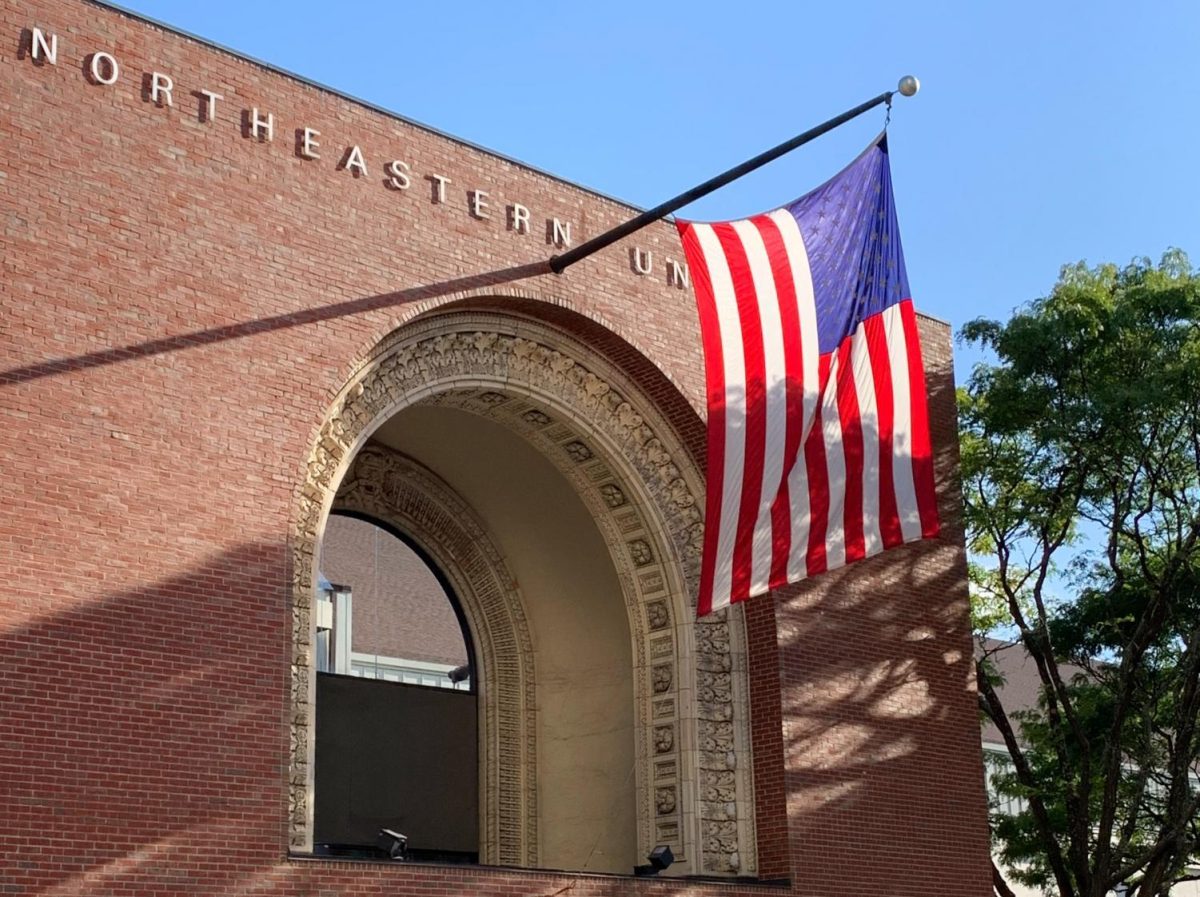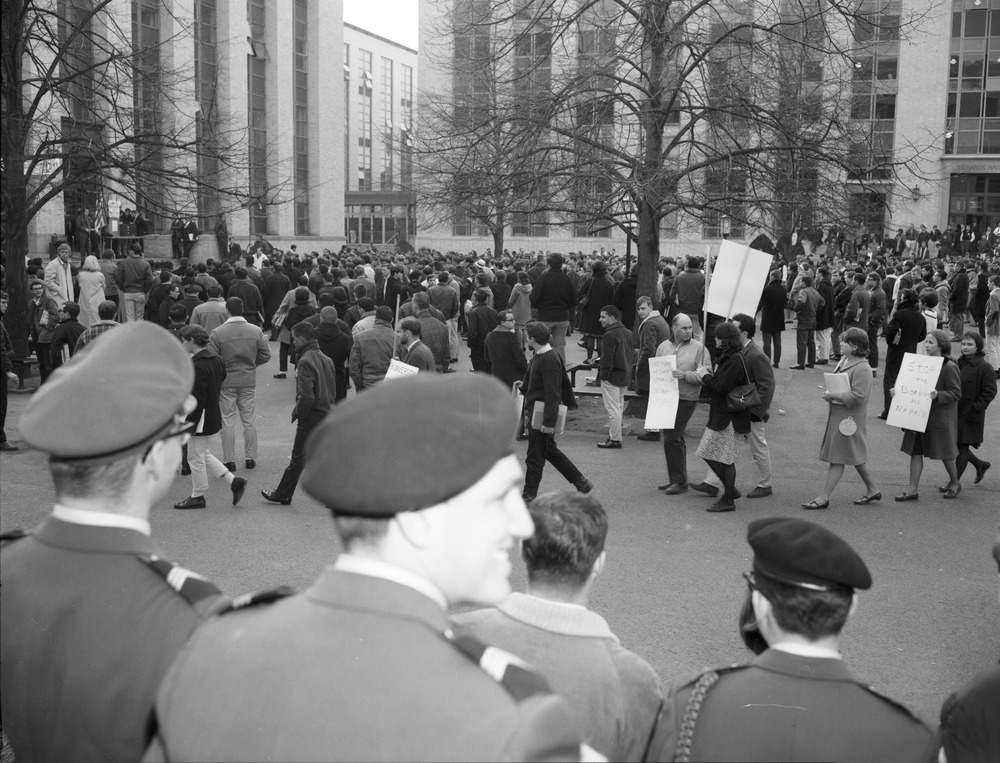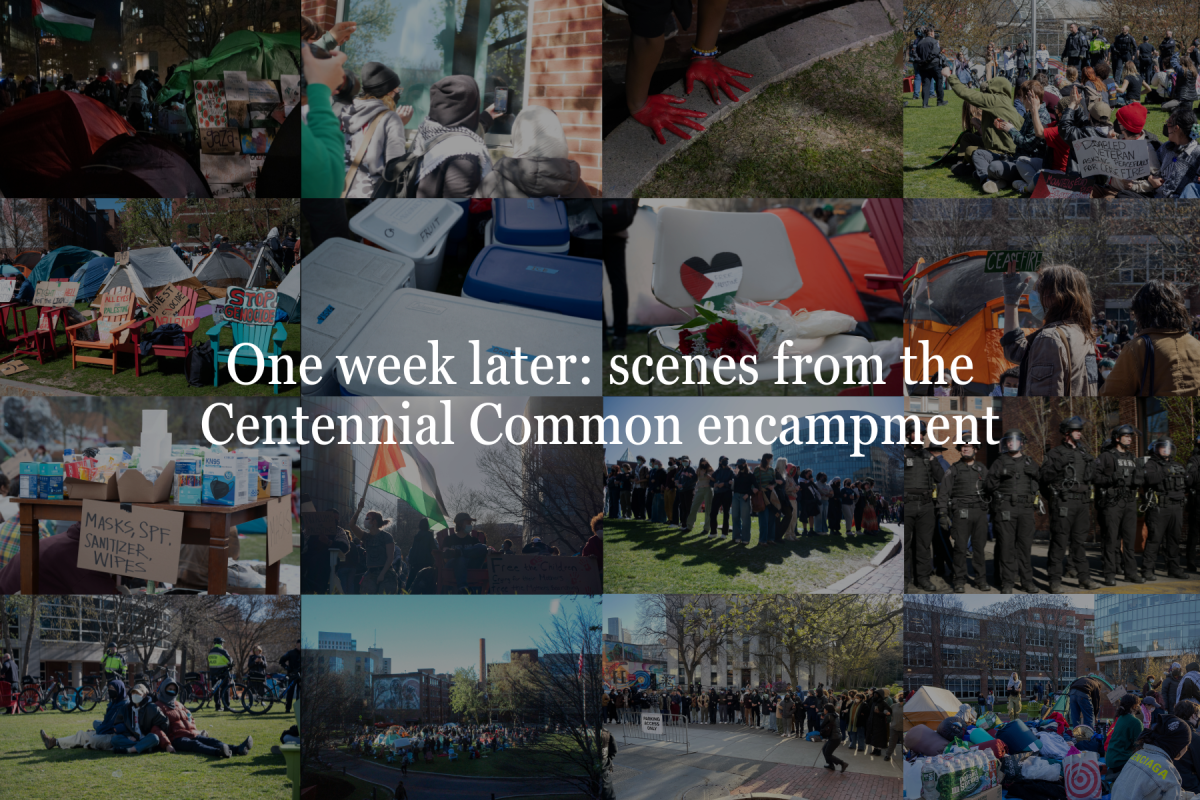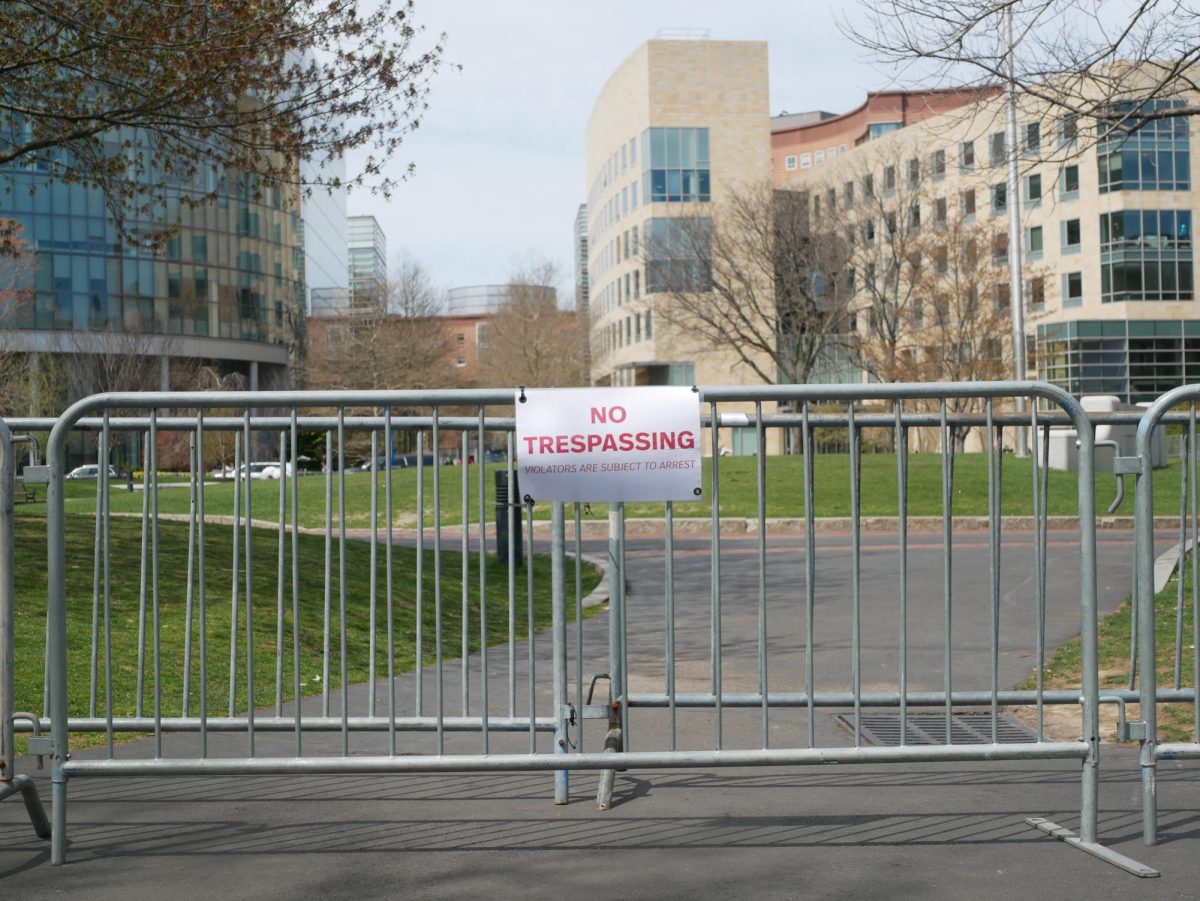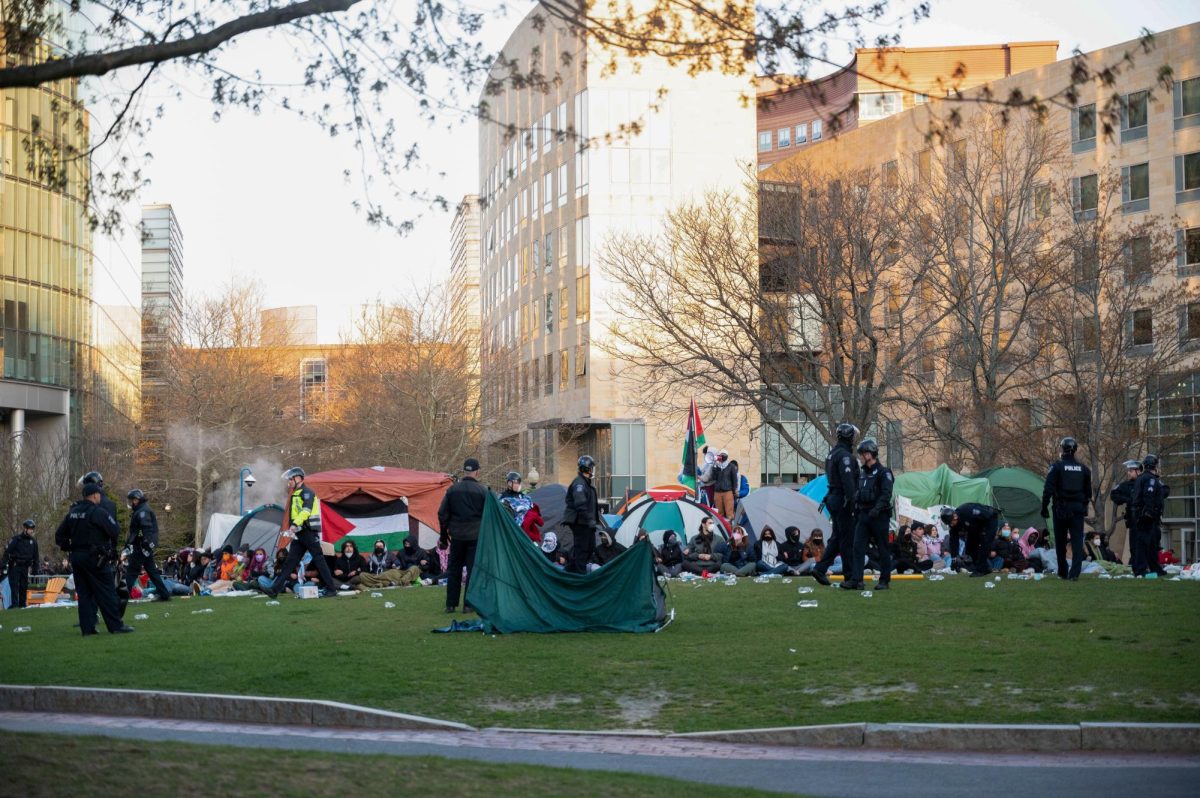By Michele Richinick
When a student is sent to the hospital for excessive drinking, the Crime Log reports that the individual was reported to the Office of Student Conduct and Conflict Resolution (OSCCR). However, the person is not always penalized because of the office’s Medical Amnesty Policy. About 20 students have been granted amnesty by this policy since its inception two years ago.
According to the Medical Amnesty Policy in the Student Handbook, students needing medical assistance during an alcohol or other drug-related emergency will not face disciplinary action by OSCCR for the mere possession or use of alcohol or drugs.
“Records are kept of how many times a student is granted amnesty. The policy refers to isolated incidents and does not apply to those who purposely or repeatedly violate the alcohol and/or drug policies,” said Tanner Chesney, assistant director of OSCCR.
To Jim Ferrier, Northeastern University Division of Public Safety (NUPD) associate director of public safety, NUPD’s involvement with OSCCR is merely fact-gathering. The officers write the facts into a report based on the officers’ and witnesses’ observations and present it to OSCCR.
“The Medical Amnesty Policy is entirely within OSCCR,” he said. “If we have a student who has come to our attention and there is an indication that there might be a violation of the code, we automatically file a report, but [the decision] is entirely up to OSCCR.”
Amnesty applies only to alcohol or other drug-related medical emergencies, not assault, property damage or distribution of illicit substances. It applies only to the university’s response to a medical emergency, and criminal or police action may still occur separately from OSCCR.
If a student qualifies for medical amnesty, the individual is required to meet with the Alcohol and Other Drug Education Coordinator Chet Bowen within 5 days of receiving medical assistance. If eligible for amnesty, the student must also complete an educational assignment, according to the policy.
“The primary goal of the Medical Amnesty Policy is to ensure that students who need assistance from overconsumption are getting it without fear of getting in trouble,” Chesney said.
If the student fails to meet with the Alcohol and Other Drug Coordinator during the allotted time, or fails to complete the educational assignment, the student will be reported to OSCCR through the normal conduct process and a record of the incident will be on file, according to the handbook.
“After OSCCR reads the report and decides if the student will be charged with a violation of the code, they take into account the measures of the Medical Amnesty Policy and decide whether it applies,” Ferrier said.
The Handbook also states that students or organizations directly involved in seeking medical assistance for another person during an alcohol or drug-related emergency will not face disciplinary action by OSCCR for the mere possession or use of alcohol or drugs provided they remain with the individual until medical assistance arrives.
In order to qualify for medical amnesty, students might need to schedule an appointment with the Alcohol and Other Drug Education Coordinator to adhere to a specific educational mandate.
“I think [the Policy] is pretty lame; it sets a double standard. If you’re drunk and you don’t need help, there’s disciplinary action,” said Sean Morency, a freshman business administration major. “Just because you needed medical assistance doesn’t excuse you from your actions. There should still be some sort of retribution if you were irresponsible enough to need help.”
Valerie Randall-Lee, director of OSCCR, said she believes students are catching on and calling for their friends if they drank too much, which is what they wanted to see happen.
The handbook also states that there will be no record of disciplinary action in OSCCR as long as the student complies with all that is asked of him or her.
“There’s specific criteria where the Medical Amnesty Policy applies. It doesn’t mean if you’re drunk then you’re immune from OSCCR,” Ferrier said. “Many drunk people are sanctioned.”



